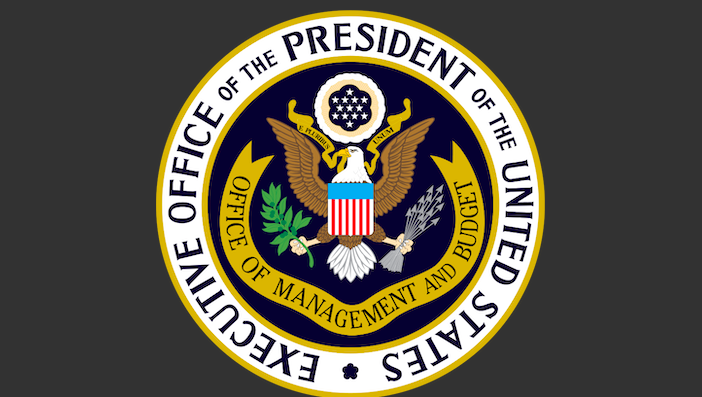By Robert Nichols, Andrew Victor, and Adrian Wigston
March 30, 2020
Recognizing the challenges coronavirus COVID-19 presents to contractors and the U.S. Government, the Office of Management and Budget (OMB) recently issued a memorandum to executive agencies addressing federal contract performance issues.
In the memorandum, OMB strongly encourages agencies to maximize opportunities for contractors to telework and to amend contracts that do not provide for it; if telework is not feasible, agencies should be flexible on delivery dates. OMB directs agencies to emergency procurement authorities that haven been made available by the President’s declaration of a national emergency under the Robert T. Stafford Disaster Relief and Emergency Assistance Act (Stafford Act), such as increases to the micro-purchase and simplified acquisition thresholds that streamline procurements. OMB also provides 12 Frequently Asked Questions (FAQs) related to mitigating the impact of COVID-19 on contractors through teleworking, requests for equitable adjustment (REAs), use of the streamlined procurement authorities under the Stafford Act, and tracking contract spending related to COVID-19.
Notably, FAQ 3 addresses REAs submitted by contractors for costs associated with increased safety measures to protect their employees from COVID-19. OMB instructs agencies to take a case-by-case approach. Agencies should use their existing practices, taking into account, among other factors, whether the requested costs would be allowable and reasonable to protect the health and safety of contract employees as part of the performance of the contract. OMB directs agencies to Federal Acquisition Regulation (FAR) § 31.201-3, which provides the standard for what is “reasonable” in the prevailing circumstances, i.e. “what a prudent person would do under the circumstances prevailing at the time the decision was made to incur the cost.”
For example, agencies should consider whether the contractor took actions consistent with Center for Disease Control guidance and whether the contractor reached out to the contracting officer to discuss appropriate actions. OMB urges agencies to consider REAs for keeping “skilled professionals or key personnel in a mobile ready state for activities the agency deems critical to national security or other high priorities (e.g., national security professionals, skilled scientists).”
Finally, OMB highlights a number of contract clauses that may be helpful in managing COVID-19 issues as they arise. These contract clauses include the changes clauses (see FAR clauses 52.243-1 through 52.243-3 or clause 52.212-4(c)) or suspending or stopping performance through clause 52.242-14, Suspension of Work, and clause 52.242-15, Stop Work Order.
By issuing the memorandum, OMB has provided guidance to contracting officers and contractors. In urging agencies to maximize telework, contractors should be able to continue performance and potentially mitigate the need for extensions or REAs.
For contractors that work with multiple agencies, OMB’s guidance should standardize the responses by federal agencies to COVID-19 performance problems. Moreover, contractors can use the memorandum as evidence that COVID-19 impact on contracts should be borne by the agencies, not contractors. Indeed, the memorandum encourages agencies to consider granting REAs if the costs are allowable and reasonable. Contractors are well advised to provide a copy of the memorandum to their government points of contact and contracting officers when discussing COVID-19 impacts on their contracts.
